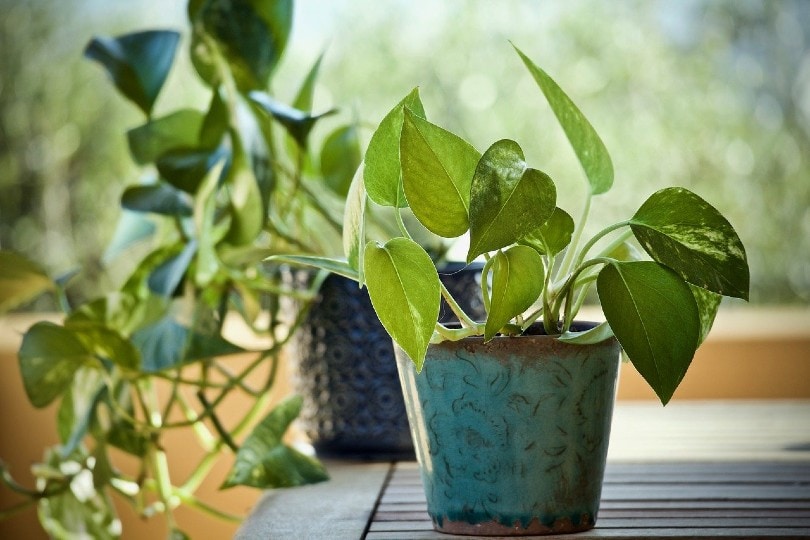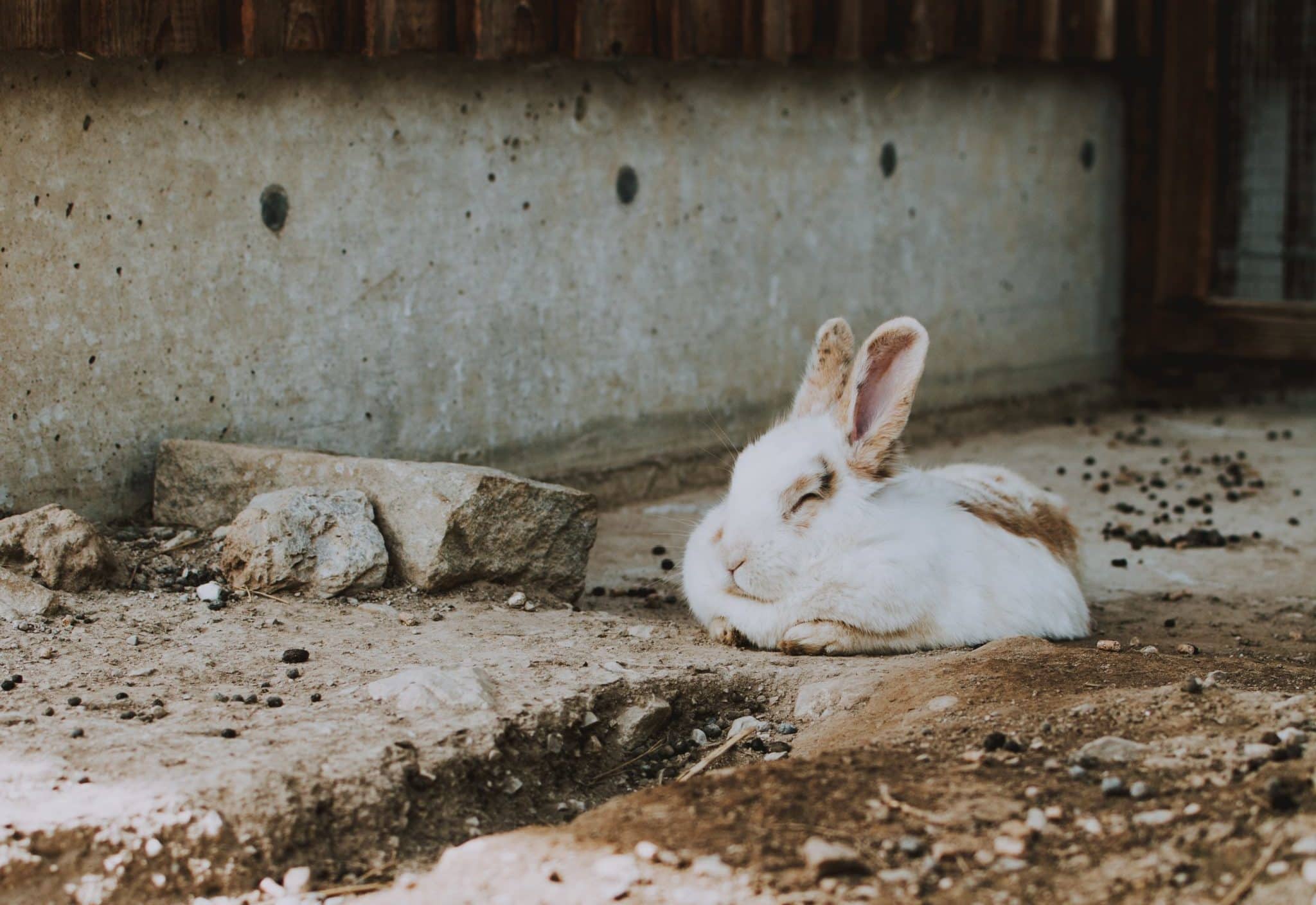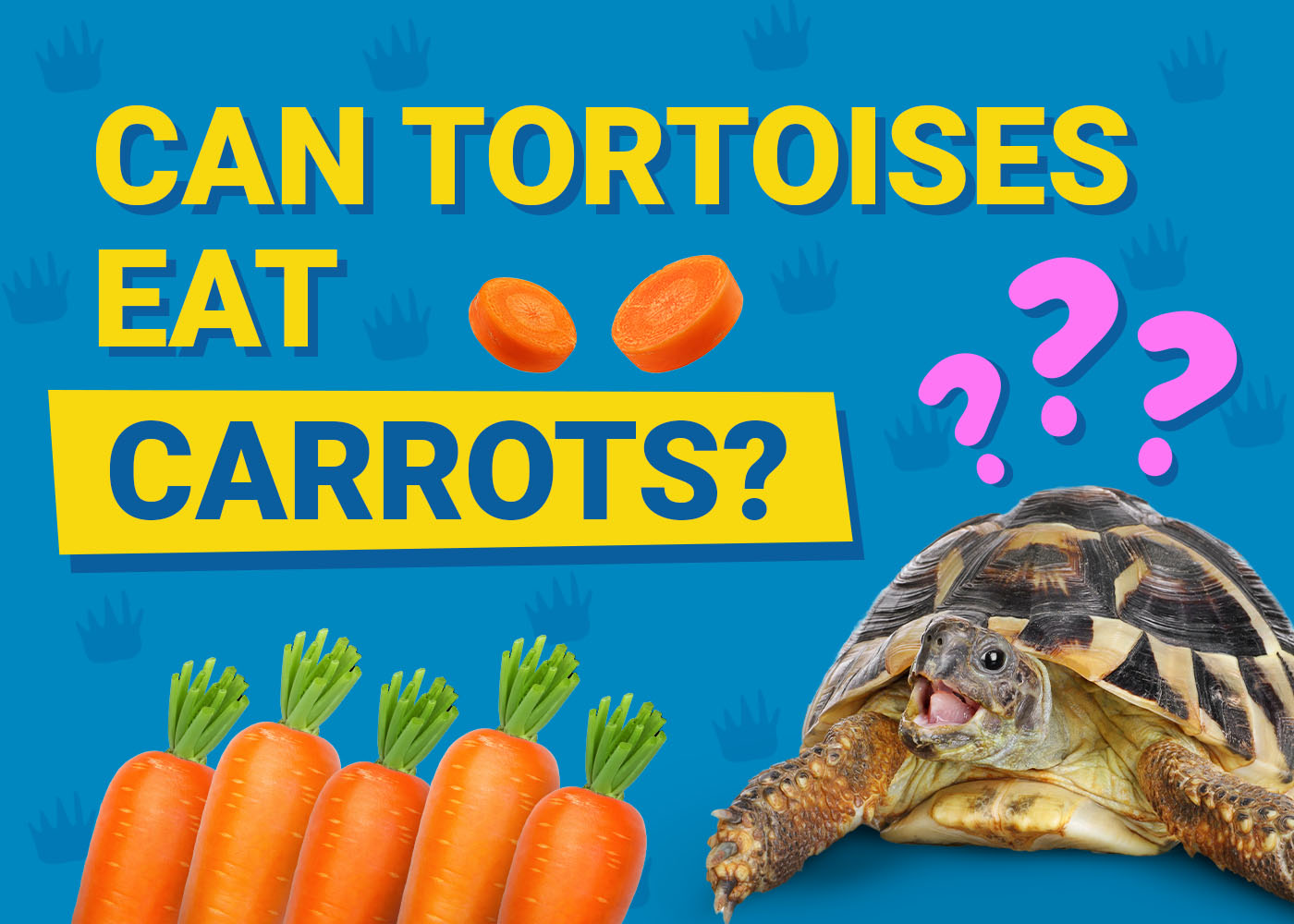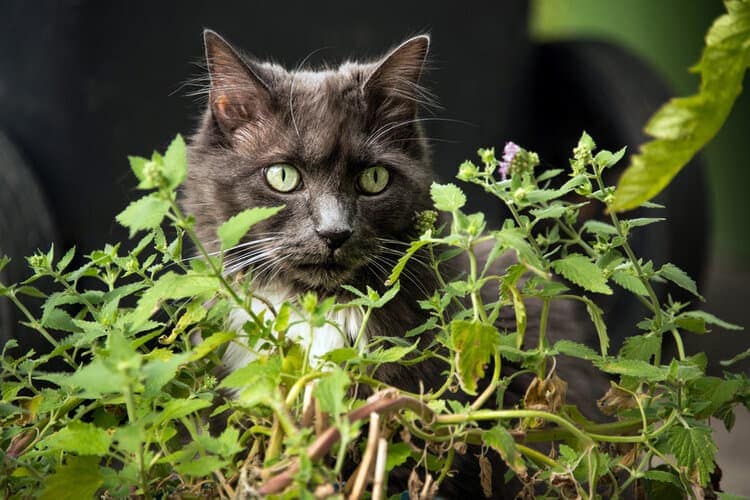VET APPROVED

The information is current and up-to-date in accordance with the latest veterinarian research.
Learn more »Click to Skip Ahead
Pothos plants are commonly kept in households because they are bright and green, which helps bring life to the home. They also help purify the air, which is healthy for anyone living there. These plants happen to be easy to take care of, and they grow slowly, so they rarely need to be replanted in newer, bigger pots. However, these plants are not suitable for all households.
Unfortunately, Pothos plants are dangerous for cats to be around. If you have even one pet cat living in your household, it is important to make sure that no Pothos plants are present. Let’s discuss exactly what a Pothos plant is and why it is toxic to cats.

What Exactly Is a Pothos Plant?
The Pothos plant’s scientific name is Epipremnum aureum. It is a common houseplant mostly due to its resistance to drought and ability to withstand harsh environments. What is unique about this plant is that it can grow in very low light conditions. You can keep this plant in the middle of a room or even in a garage where almost no sunlight can reach it.
The leaves on a Pothos plant are smooth and have a waxy coating that can give them a faux look. The thick and hardy leaves are hard-pressed to succumb to the elements, so they typically stay full and green. It is not common to see leaves turn brown or fall off the plant. There are different types of Pothos plants available, including the Jade Pothos and the Golden Pothos. They all have green leaves with small variations.
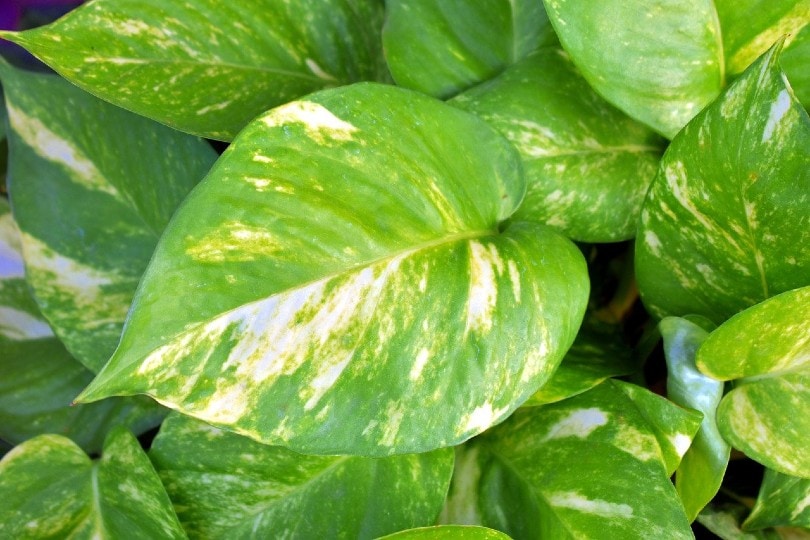
Why Are Pothos Plants Toxic to Cats?
Unfortunately, Pothos plants are considered toxic for cats. Both the stems and leaves contain a substance that is very irritating: calcium oxalate crystals. This substance is known to affect a cat’s soft tissues by irritating their oral and digestive mucosa.
This type of plant will not poison the cat’s organs, but the calcium oxalate crystals are like tiny sharp knives that can cause mouth sensitivities and irritations. Sometimes, the discomfort causes a reduced appetite. In extremely rare cases, calcium oxalate can also cause respiratory irritations that result in breathing problems.
If you have more questions about houseplants and the safety of your cat, book a call with one of our PangoVet veterinarians.
Signs and Symptoms of Pothos Plant Toxin Exposure
If you see your cat eating a Pothos plant, they may suffer from discomfort, so it is a good idea to keep an eye on them and contact your veterinarian. Sometimes, we do not see our cats eat our plants, and we have to rely on signs to ensure that we address the problem.
- Mouth irritation
- Mouth pawing
- Lack of appetite or difficulty swallowing
- Lack of interest in drinking water
- Excessive drooling
- Whining or crying while eating, drinking, and swallowing
- Vomit
- Drooling
If any of these symptoms present themselves, it is best to schedule a checkup with the veterinarian. Your vet may request that you bring your cat in for treatment right away or remotely monitor the progression of signs under your watch with some specific care instructions.
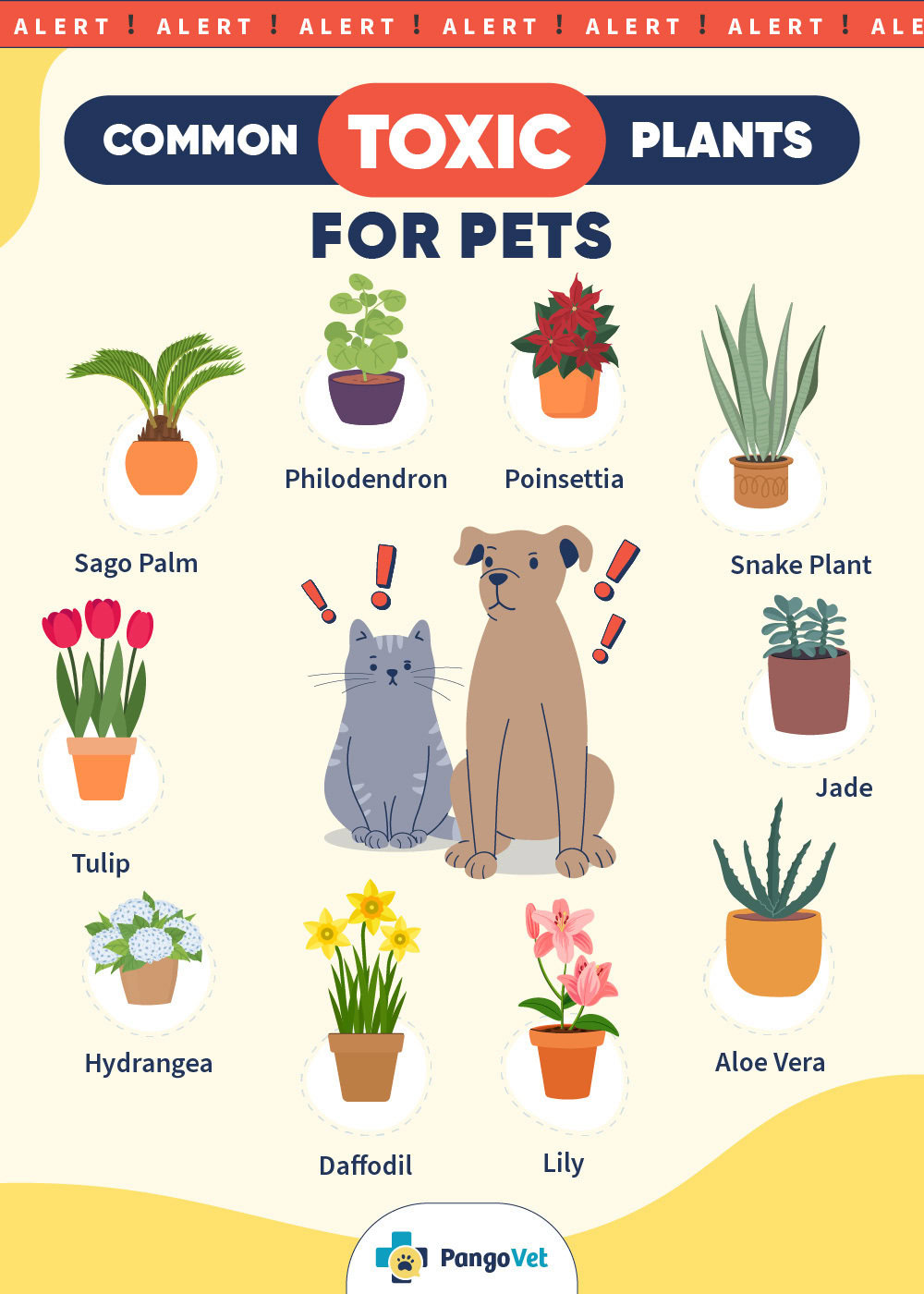

Conclusion
Pothos plants should be avoided with pet cats. If they must be present, they should be kept out of reach via hanging pots and other means. Keeping an eye out for signs of Pothos plant poisoning should always be a priority. Luckily, there are many other types of plants that are safe for cats that you can fill your home with. Most are easy to care for and will filter the air just like the Pothos plant will.
Looking for more information on plant toxicity? Check out:
Featured Image Credit: Luisella Planeta Leoni, Pixabay
